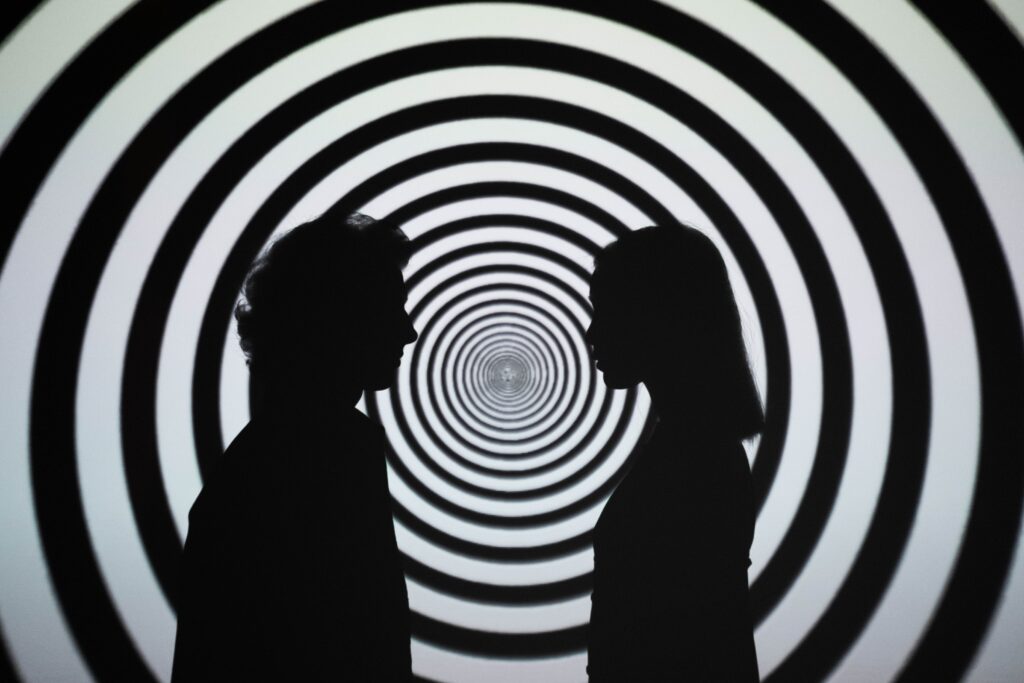It is no secret that university can be a stressful time. With exams, assignments, and social pressures, it’s easy for students to feel overwhelmed. But what happens when the stress becomes too much and affects your mental health? Psychosis can manifest during times of stress and can cause hallucinations or delusions. If you are experiencing psychosis symptoms, don’t panic – help is available. Read on for more information about psychosis in university students and what you can do about it.
What is Psychosis?
Psychosis is a condition that causes changes in your thinking, perception, emotions, and behavior. It can make you see or hear things that other people don’t, and you may believe things that are not true.
Psychosis can be caused by several things, including mental illness, drug use, sleep deprivation, and stress. It is important to remember that psychosis is not a sign of weakness, and it doesn’t mean you are going crazy—most people with psychosis recover and lead normal, healthy lives with treatment.
Symptoms of Psychosis
Psychosis can cause a range of different symptoms, and these may vary from person to person. Some common symptoms of psychosis include:
Hallucinations – seeing or hearing things that other people don’t
Delusions – having false beliefs, such as thinking that you are being followed or watched
Changes in thinking – thinking in a disorganized or confusing way
Changes in behaviour – acting out of character or doing things that are out of the ordinary
Withdrawal from friends and activities – losing interest in things that used to be important to you
Causes of Psychosis in University Students
Many different factors can contribute to psychosis in university students. One of the most common triggers is stress. University life can be very demanding, leading to psychological distress. Other causes of psychosis include:
- Mental illness – psychosis is often a symptom of mental illness, such as schizophrenia or bipolar disorder
- Drug use – both legal and illegal drugs can cause psychosis
- Sleep deprivation – not getting enough sleep can lead to psychotic symptoms
- Traumatic events – experiencing a traumatic event, such as a car accident or the death of a loved one, can trigger psychosis.
How Psychosis May Manifest in Students
- Hallucinating (5 types) – Seeing, hearing, feeling, smelling, or tasting things that others cannot.
- You may be distracted by nonexistent (mild) stimuli (e.g., you start being more sensitive to lights or sounds)
- You may become preoccupied with unusual ideas (e.g., I will get a deadly disease if I take a shower in the bathroom)
- Often saying things that do not make sense (e.g., using incorrect words or excessive). This is called ‘Word salad’. It involves a lot of rambling and going on tangents that are difficult to follow.
- Grandiosity – having an unrealistic sense of superiority, considering yourself superior and unique from others. (e.g., I am a world-famous artist, I own Buckingham palace, can do things other humans cannot do without any evidence
- Having feelings that there is something “off” with others or the world
- Overwhelming feeling that they are not in control of their thoughts
- Decline in hygiene and self-care
- Showing different emotions at inappropriate times (laughing at sad things)
- Not getting good grades as they were getting
- Overwhelming fear
- Experiencing significant disruptions in sleep patterns and eating habits
- Isolating and spending more time in their room, altering their room
- Not hanging with friends anymore, complaining of mistreatment from friends without evidence.
- Anhedonia – not enjoying and doing hobbies or sports they previously enjoyed
- Difficulty in thinking clearly leading to poor concentrating in class
- No or low motivation
- No or low activity engagement
- Being Apathetic – showing no or less emotion, expression, or reaction to events good or bad.
How Can Psychosis Affect Studies of University Students?
Psychosis can have a significant impact on university students. It can cause problems with concentration and memory, making it difficult to study or complete assignments. It can also lead to social isolation, as people with the condition may withdraw from friends and activities. In severe cases, students may be unable to continue their studies and may have to take a leave of absence from the university, which can impact their prospects.
Self-help Tip for Psychosis in University Students
If you are experiencing psychosis symptoms, there are some things you can do to help yourself. Here are some self-help tips for psychosis in university students:
Take the First Step – Speak to someone. Choose someone you like and trust, like a lecturer, friend, or relative. Click Here to find support services provided by your university in England and Wales
Get Enough Sleep – Sleep deprivation can trigger psychotic symptoms, so ensure you get enough rest.
Avoid Drugs and Alcohol – Both legal and illegal drugs can cause or worsen psychosis
Eat A Healthy Diet – Eating nutritious foods can help to reduce stress and improve yourmental health.
Exercise Regularly -Exercise can help to reduce stress and improve your mental health.
Avoid Stressful Situations – If you are stressed, try to avoid situations that may worsenyour symptoms.
Try any of these 15 Unusual ways to Boost your mental Health
Seek Professional Help – If you struggle to cope with your symptoms, speak to a medical professional or counselor for help and support like psychotherapy. This talking therapy can help you understand your condition and learn ways to manage your symptoms. If a mental illness causes your psychosis, you may also be prescribed medication to help manage your condition.


I suffered from drug induced psychosis. When I finally had a full blown psychotic break, after years of have low level psychosis, my two anxiety disorders born. From then on, my anxiety disorders causes psychosis. The only thing that worked for me to improve my quality of life was to tackle my anxiety disorders, which I did with graded exposure. It was a life changer
Thanks very much for sharing that and for your comments
Great tips, If I would be in the university now I would follow these tips. Thank you for sharing!
Thanks for reading it and for the comments